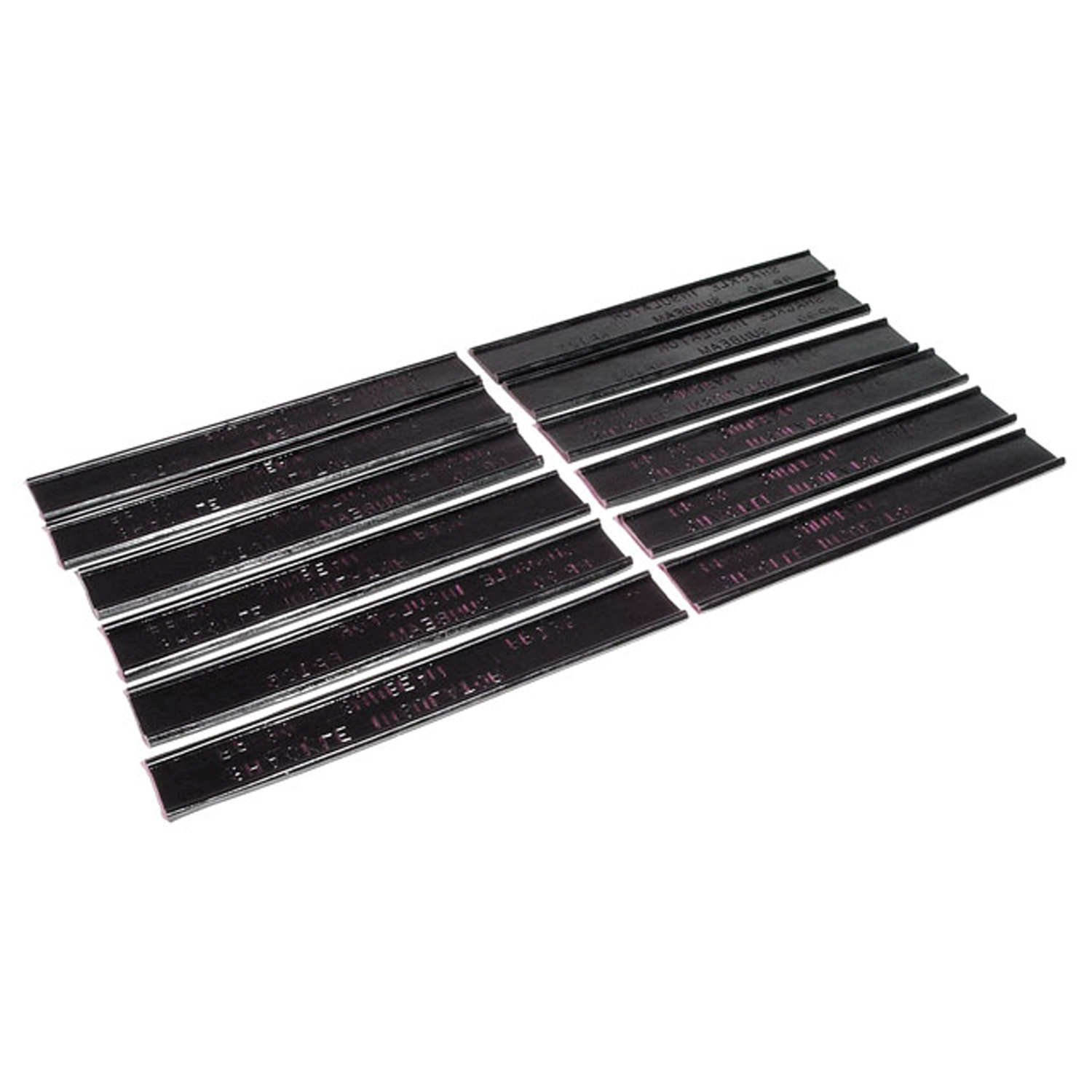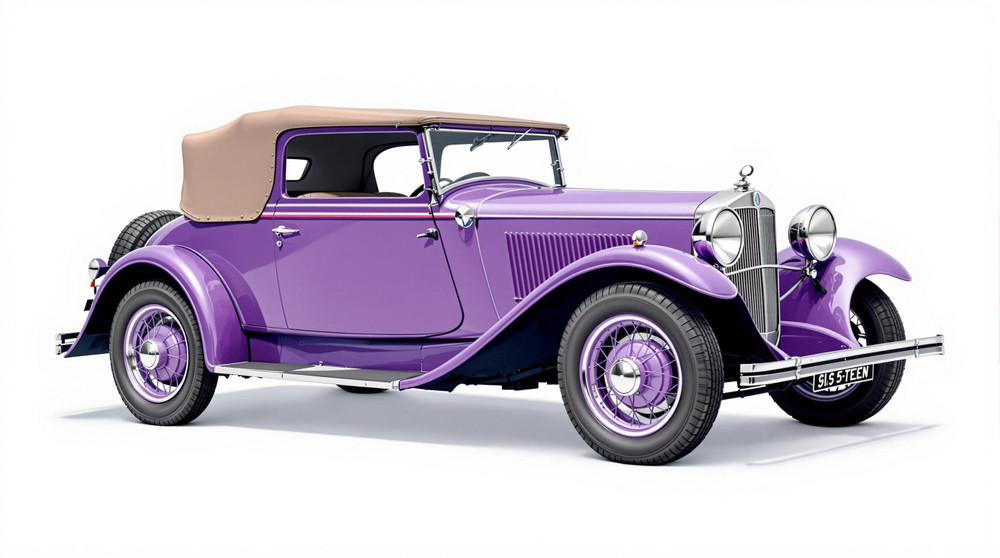Image of 1931 Sunbeam Sixteen, Note: These illustrations use artistic license and may differ from actual historical models.
Performance Metrics
Fundamental Metrics
Emotional Appeal
MMP Rating
| Engine Specifications | |
|---|---|
| Engine: | 2.2L I6 |
| Displacement: | 2,200 cc |
| Horsepower: | Estimated 50-60 HP |
| Torque: | Unknown |
| Compression Ratio: | Unknown |
| Ignition System: | Magneto ignition system |
| Cooling System: | Water-cooled |
| Performance Specifications | |
| 0-60 Time: | Unknown |
| 1/4 Mile Time: | Unknown |
| Top Speed: | 70 mph |
| Transmission and Drive | |
| Drive Type: | Rear-wheel drive |
| Transmission Type: | 4-speed manual |
| Fuel and Efficiency | |
| Fuel System Type: | Carburetor |
| MPG: | Unknown |
| Dimensions and Brakes | |
| Brakes: | Drum brakes |
| Wheelbase: | 113 inches |
| Weight: | Estimated 1,500 kg |
Note: Specifications for classic cars are given to the best of our ability, considering the limited and variant data available.
The 1931 Sunbeam Sixteen: A Testament to Automotive Elegance
The 1931 Sunbeam Sixteen stands as a beacon of pre-war automotive design, a testament to the craftsmanship and forward-thinking of its era. Born in the workshops of Sunbeam Motor Car Company Ltd, a marque synonymous with quality and performance, this vehicle emerged during a period of technological transition and economic turmoil. It was a time when cars were becoming more than just a means of transportation; they were symbols of status and innovation. The Sunbeam Sixteen, in particular, made its mark by offering a blend of luxury and performance that was uncommon for its day. One notable moment in its history is its association with the upper echelons of society, often seen gracing the driveways of stately homes and being the vehicle of choice for discerning motorists.
Design and Innovation
The exterior styling of the Sunbeam Sixteen was nothing short of graceful, with sweeping fenders and a poised grille that commanded attention. Its silhouette was one of balance and proportion, reflecting the elegance of 1930s design sensibilities. Inside, passengers were treated to an opulent experience with fine leather upholstery and polished wood accents that spoke volumes about the quality of materials used. Technologically, the Sunbeam Sixteen boasted features that were advanced for its time, such as four-wheel brakes—a luxury not standard on all cars until later years. Color options were typically conservative yet rich, with deep blues and maroons being popular choices among the discerning clientele. The car came in various body styles including saloons, coupes, and tourers. The tourer, with its open-top design allowing for leisurely country drives, was particularly iconic and sought after.
Historical Significance
The Sunbeam Sixteen's impact on automotive design was subtle yet significant. It set standards in blending performance with luxury at a level that many contemporary manufacturers strived to emulate. Its inline-six engine provided a smoothness and quiet operation that were hallmarks of refinement in motor vehicles. What truly set this car apart from its contemporaries was its commitment to quality at a time when mass production began to overshadow craftsmanship. The Sunbeam Sixteen's lasting influence can be seen in how luxury vehicles are still marketed today—with an emphasis on exclusivity and performance.
Performance and Handling
Underneath the bonnet, the Sunbeam Sixteen was powered by a capable 2-liter engine that delivered respectable performance for its time. Although exact figures like top speed and acceleration are not readily available due to the period's less standardized testing methods, it was known for providing adequate power for both city travel and country touring. Handling-wise, drivers appreciated the car's solid road presence and ability to absorb road imperfections gracefully. The driving experience was characterized by the mechanical symphony of gears and engine—a reminder of an era when driving was as much about engagement as it was about getting from point A to B.
Ownership Experience
Owners of the 1931 Sunbeam Sixteen typically used their vehicles for more than just daily commuting; they were often weekend pleasure cars or showpieces at classic car rallies. Maintenance required a hands-on approach but was generally manageable for those familiar with pre-war car mechanics. Reliability was as expected for vehicles of this vintage—regular attention could keep them running smoothly but parts could be scarce or require custom fabrication.
Fun Facts
A piece of trivia that adds to the allure of the Sunbeam Sixteen is its rarity; not many were produced compared to mass-market vehicles, making surviving examples highly prized by collectors. While not known for breaking speed records or dominating race tracks, this model held its own record in terms of refinement and luxury. Celebrity ownerships have occasionally surfaced in auction listings, adding provenance and value to specific chassis numbers. Common criticisms often revolve around parts availability rather than any inherent flaw in design or performance.
Collector's Information
Today's collector market sees the 1931 Sunbeam Sixteen as a desirable piece due to its rarity and representation of pre-war British motoring excellence. While production numbers are not concrete, estimates suggest that only a few hundred may have been made. Values can vary widely based on condition, history, and originality; however, well-preserved examples could fetch anywhere from mid-five figures up into six-figure territory at auction or private sale. The market trend shows appreciation over time as these vehicles become scarcer.
Conclusion
The 1931 Sunbeam Sixteen is more than just an old car; it's a slice of automotive history that embodies elegance, innovation, and craftsmanship from an era long past. Its legacy continues to captivate classic car enthusiasts around the world who appreciate its unique blend of style and substance—a true jewel from Sunbeam's illustrious past.
1931 Sunbeam Sixteen Catalog of Parts
 1931 Sunbeam SIXTEEN Spring Shackle Rubber Insulators-RP 125Spring Shackle Rubber Insulators. 1" wide X 6-3/4" long each. 12-Piece Set
1931 Sunbeam SIXTEEN Spring Shackle Rubber Insulators-RP 125Spring Shackle Rubber Insulators. 1" wide X 6-3/4" long each. 12-Piece SetWhy Choose Metro?
For over 100 years, Metro Moulded Parts has been the pinnacle of quality in classic car restoration parts. Our commitment to precision and authenticity in every component ensures a perfect fit and an OEM-level appearance.
- Expert Craftsmanship & Quality: Each part is a testament to our dedication to reliability and perfection, crafted from original designs and thoroughly tested.
- Advanced Technology: We use cutting-edge techniques to create flawless, long-lasting parts that surpass others in performance.
- SuperSoft Sponge – The Ultimate Door Seal: Not only are our door seals 30% softer than competitors', but they're also guaranteed to never leak. They effectively reduce wind and road noise, enhancing your classic car's comfort and driving experience.
- Proudly American: Our parts are a product of American craftsmanship, made in the USA with a spirit of excellence and heritage.
- Unrivaled Warranty: We back our products with a 30-year industry-leading warranty, a testament to our confidence in their quality.
Join us in preserving the legacy of classic cars with parts that are crafted for perfection, not just made.

